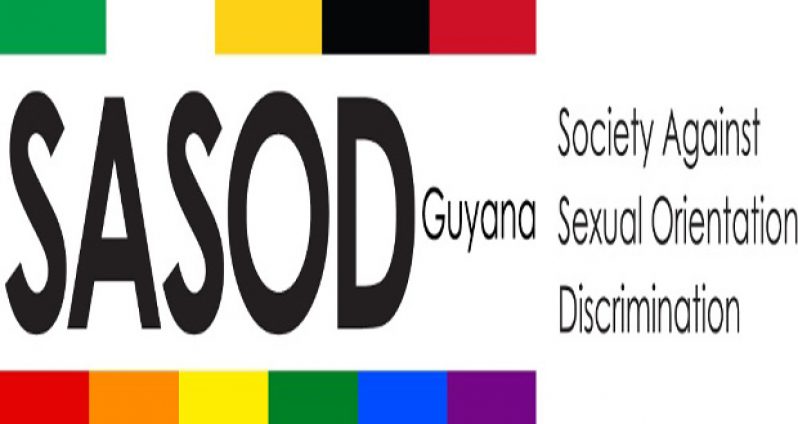THE SOCIETY Against Sexual Orientation Discrimination (SASOD) has undertaken to tackle the upsurge in attacks and murderers against sex workers in Guyana.Recently, and in keeping with the December 17 International Day to End Violence Against Sex Workers, SASOD, along with the Advancing Partners and Communities (APC)-Guyana Project, hosted yet another session of its “Lunch Talk”, focusing on eliminating violence against sex workers.
In its one-hour Lunch Talk session, hosted on the international day of observance, the LGBT advocacy group engaged stakeholders in the human rights and legal fraternities, as well as persons from the sex workers’ community.
Sex work, according to panellist and attorney-at-law Emily Dodson, is among the oldest professions in human history.
SASOD, in a press release, noted that Guyana’s laws do not prohibit sex work, which is the exchange of sexual relations for money and other benefits. It added that any legislation aiming to prohibit sex work “would be deemed unconstitutional.”
Dodson, a former President of the Guyana Women Lawyers’ Association, cited Article 22 (I) of Guyana’s Constitution, which states: “Every citizen has the right to be rewarded according to the nature, quality, and quantity of his or her work; equal pay for equal work, or work of equal value under just conditions of work.” The release further cited Article 22 (II), which states: “Every citizen who is able to work has a duty to work.”
Further, provisions protecting workers’ rights under Article 149 of the country’s Constitution were cited in the release. In that Article, males and females are protected from being “hindered in the enjoyment of his or her right to work.” This provision, according to the SASOD release, extends to the person’s freedom of choice in their employment.
“It is a man living off the earnings, running a bawdy house or brothel and other offences related to sex work that have been deemed illegal, but the actual sex work is not being deemed illegal,” the press release noted. The lawyer said those provisions exist in sections 165-166 of the Summary Jurisdiction (Offences) Act.
Dodson maintained, “Whatever is done by consenting adults in the privacy of their homes is nobody’s business.”
Cracey Fernandes, of the Caribbean Vulnerable Communities Coalition (CVCC), another panellist on the Lunch Time session, called for “constitutional reform to strengthen the rights of all Guyanese and to foster a more supportive society.” A call was similarly called for “increased public awareness and training for service providers, including police and healthcare professionals.”
Miriam Edwards, panellist from the Guyana Sex Workers Coalition, urged: “More support, cooperation and work with local institutions, particularly the Guyana Police Force.” This call matched Fernandes’s calls. She gave examples of disdain and reject from police officers to sex workers who were abused by clients, and she even spoke of some cases where officers themselves committed assaults.
Edwards indicated that the Force needs to be educated on the laws, and even on their sense of responsibility, to serve all citizens regardless of their occupation.
By Derwayne Wills




.jpg)









